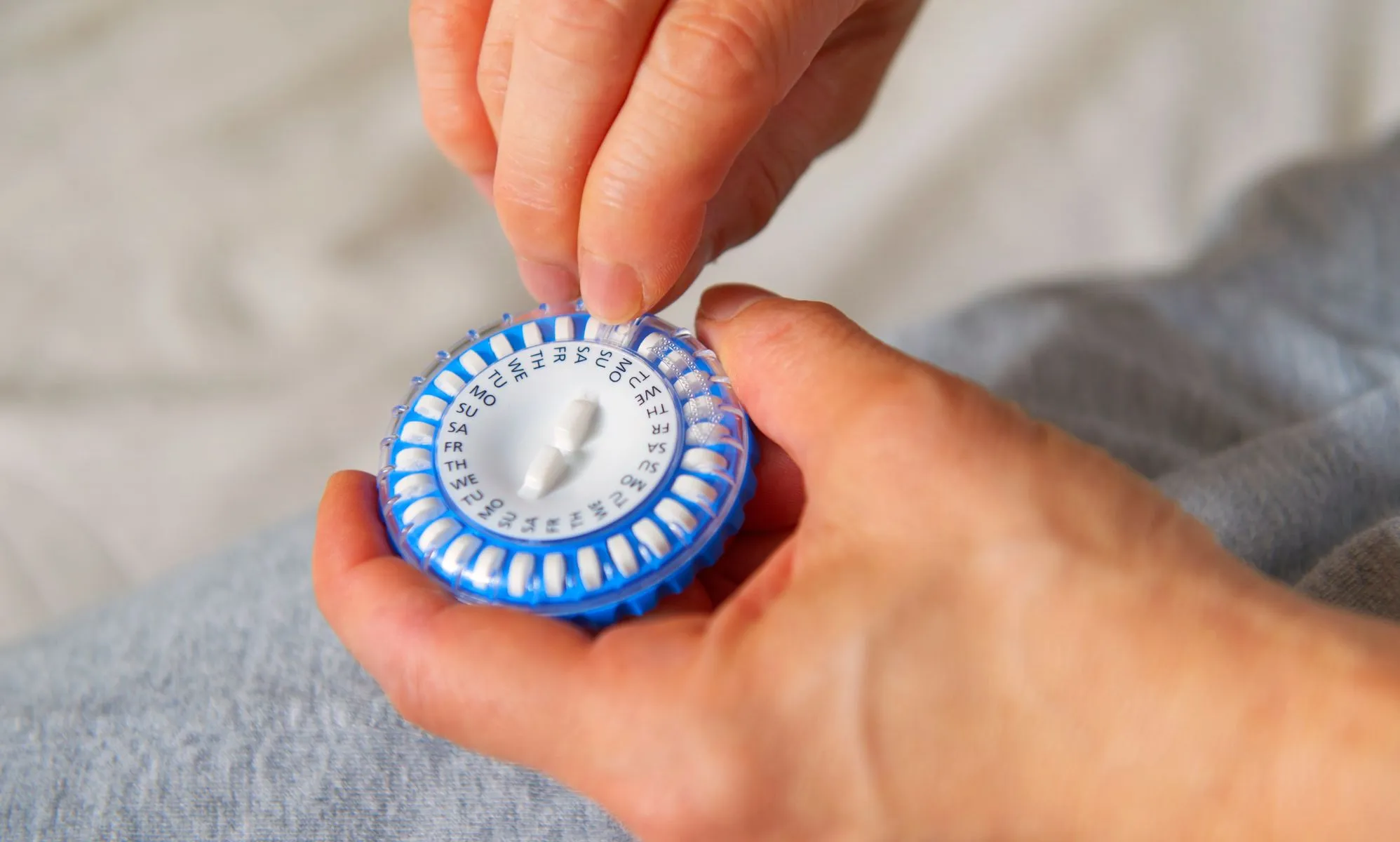
Nothing could be further from the truth when transphobes blame trans women for the UK’s shortage of hormone replacement therapy (HRT) drugs.
After so-called “gender-critical” activists falsely claimed that trans women’s use of estrogen replacement patches, which can be used to treat menopause, was to blame, the conspiracy was revived once more.
People asserted that trans women “wasted” drugs used for HRT and that they thought hormones were “handed out like candy” by health organizations.
This conspiracy theory is not only untrue, but it also perpetuates the myth that HRT is not beneficial for transgender people who choose to receive treatment.
In reality, numerous studies conducted all over the world have shown that gender-affirming treatment can significantly improve the mental health of trans people, including reducing depression, gender dysphoria, and suicidal ideation.
Experts in Melbourne, Australia, conducted a study in September 2023 and discovered that HRT often reduces depressive symptoms in transgender people who choose to receive care by more than 55%.
According to a different study published in January 2023 by the New England Journal of Medicine in the US, gender-affirming treatment reduces trans people’s stress and suicidal feelings significantly.
Is the HRT shortage being caused by trans people? No, it’s obviously not.
The assertion that a shortage is being caused by an increase in prescriptions for HRT from transgender people is not even close to being real.
The Royal College of General Practitioners reports that there has been a 240 percent overall increase in referrals over the past five years, but this amount pales in comparison to the proportion of cis women receiving postmenopausal hormone therapy.
Additionally, it’s important to note that this is an increase in referrals rather than in patients who have received treatment approval. Many people who are referred for hormone treatment won’t see a prescription for years due to the UK’s waiting times crisis for GICs.
About 15% of women in England between the ages of 45 and 64 are now prescribed HRT, which has increased by about 11% over the past two years, according to a media release from the authorities in early 2023.
The population of women between the ages of 45 and 64 in England is estimated to be over 7,411,000, according to the Office for National Statistics’ population estimates for 2012–2022, indicating that at least 1,111,000 or more people were using hormones in the first half of 2023.
According to a GIDS report, only 3,585 people were referred to Gender Identity Development Service locations in the 2021–2022 fiscal year.
Even if each and every one of those people received HRT within a year, which is statistically highly improbable, they would also account for about 0.3% of the people taking hormones at the moment.
According to reports from NHS-affiliated groups, the HRT shortage is thought to be partly a result of an increase in demand, but it is also made worse by a lack of wholesale supplies and other factors.
Both the demand for menopausal and gender-affirming treatment are rising as a result of the increase in demand, and neither is to blame.



